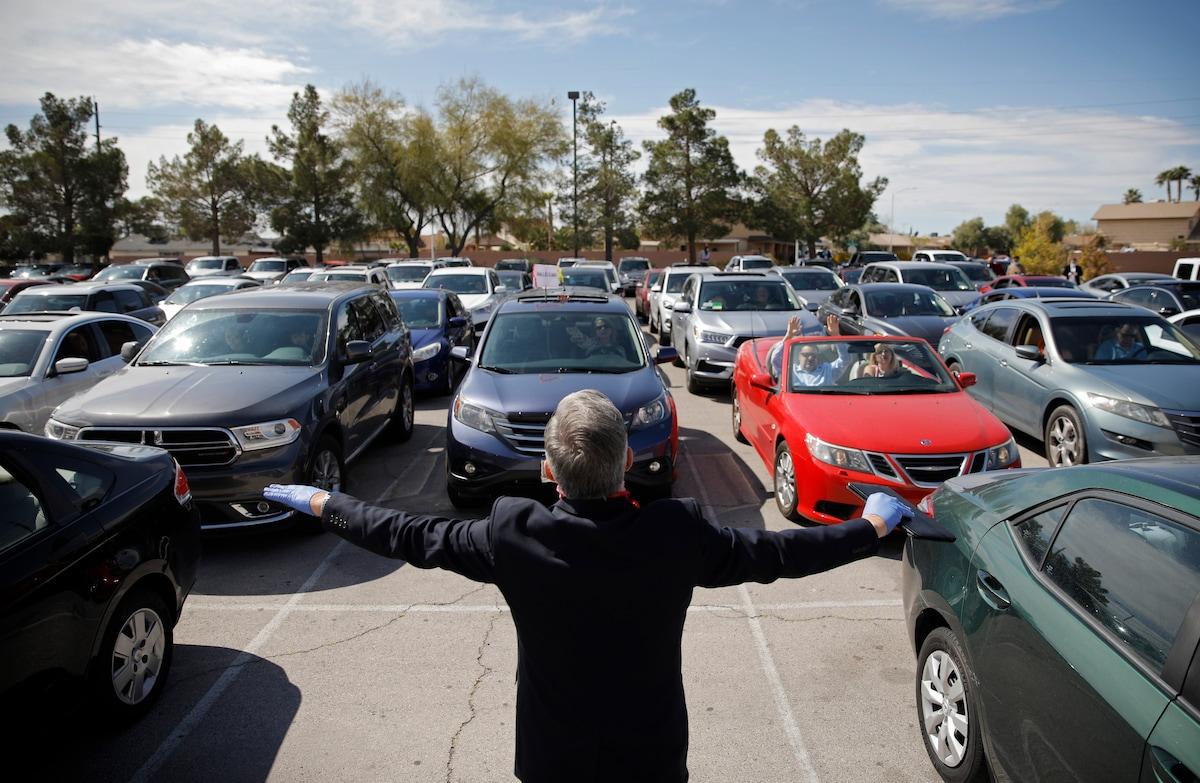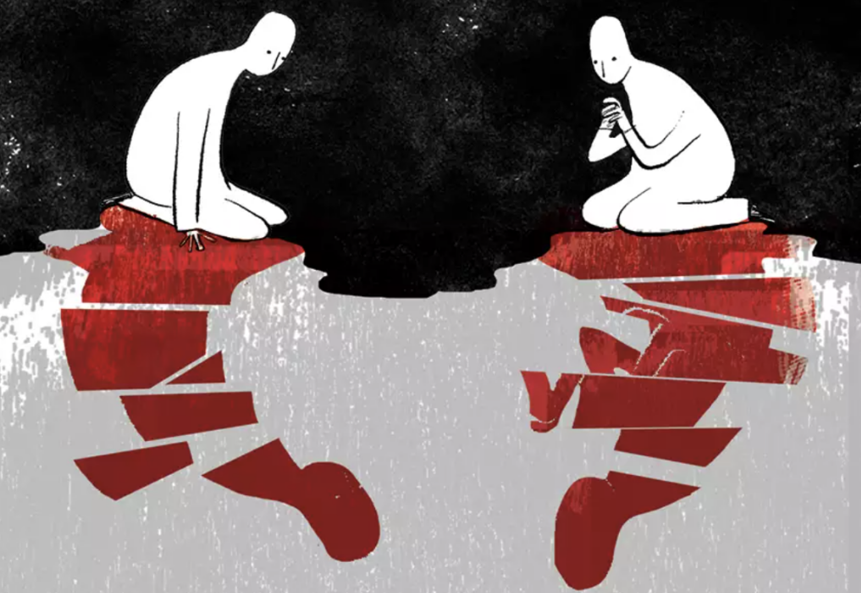By Lisa Bensoussan,
During critical times, when experiencing emotional, political, or economic turmoil, people often question their most deeply held beliefs, including their faith. Believers may experience two possible responses to their faith: they may either lose it or deepen it. As a member of the Jewish community, I have witnessed this pattern firsthand, and it is often observed in religious communities more broadly. This article will explore the ways in which crisis can impact religiosity and lead to these binary responses among believers.
Reasonably, one may argue that experiencing suffering should lead individuals to become atheists. The sheer horror of catastrophic events can prompt individuals to question how any deity could allow such tragedy. If God has the power to intervene, why does he allow traumatic events to occur? This is a common question that arises among thinkers in times of crisis, leading to doubt and, in some cases, a loss of faith.
Elie Wiesel, in his book Night, wrote, “Never shall I forget those flames which consumed my faith forever,” referring to the burning bodies he witnessed at the concentration camp Birkenau during the Holocaust. The Shoah, meaning the “catastrophe,” led to a paradigm shift, with many deportees losing faith and questioning God’s passivity, as Wiesel did. Whereas before the question was about who God is, it became “is there a God?”.

Some traditionalists, such as Ignaz Maybaum, sought to rationalise the Holocaust by interpreting it through the lens of biblical narratives. Maybaum drew a parallel between the biblical episode of Nebuchadnezzar’s military intervention, which was considered as God’s punishment for the sins of his people, and the Nazi persecution of Jews. However, this conception of God as both a slayer and saviour is highly controversial. Most authors reject this traditional Jewish understanding of God’s nature and activity, finding God’s apathy inconceivable in the face of a tragedy that led to the death of 6 million Jews, considered to be “the chosen people”.
While rejection may seem like the most common response to a critical event, recent crises have shown that it’s often the opposite. Many believers may hold an embedded belief, as Carrie Doehring puts it, that God is kind and justly sentences people for their faults. To put it simply, God would not punish someone without a reason, just as some Jewish traditionalists may have experienced.
This paradoxical response was particularly common during the COVID-19 global health crisis. Nearly three-in-ten Americans, more precisely 28%, reported a stronger personal faith because of the pandemic. Yet, studies now show in 2023 a decline of church participation, as a third of Americans shifted their attendance habits. Although the pandemic phenomenon was stronger in America, possibly due to the impressive growth of the evangelical community, religiosity also increased in other countries such as Great Britain and Japan.

Not only did people’s beliefs become more embedded due to the idea of divine punishment, but many also found comfort in spiritual activity. During the recovery stage of a trauma, which can occur during a crisis, theologian and trauma expert Shelly Rambo explains that traumatised individuals may turn to prayers, personal reflections, rituals, and conversations with spiritual specialists. Kenneth Pargament, professor emeritus of psychology, defined these responses as “religious coping methods,” in this case, positive ones, although, admittedly, believing a crisis is a punishment is often seen as a negative one.
Trauma can shake up our beliefs about ourselves, our purpose, and how to make sense of a traumatic event. In such situations, beliefs and practices based on faith can provide valuable resources to help us navigate these questions. It is not uncommon for believers to experience a strengthening of one’s faith following a trauma, rather than a weakening. These religious practices may be traditional such as prayers, but also faith-inspired, like yoga.
We might see a similar phenomenon happen now, although probably not to the same extent as during the Covid-19 pandemic. Despite the fact there is limited data on this topic, past events have shown that people’s faith can deepen during times of inflation, as they turn to religion for comfort and support. This was observed, perhaps most notably, during the Great Depression in the 1930s, when religious attendance became more important. Some religious teachings and practices emphasise the importance of trust in a higher power and detachment from material possessions, which may be especially relevant during times of economic hardship.
Beyond religion and this binary, some faithful give priority to identity rather than faith during critical situations. Whether a person deepens or rejects their own belief, most of them question themselves when it comes to their sense of belonging to their religious community. It is not only a matter of religion but ancestry and culture as well.
Indeed, whilst American Muslims were raised with the weight of 9/11, this event significantly questioned their religious heritage in relation to their American identity. According to the sociologist Eman Abdelhadi, “this sense of being Muslim as a kind of important identity marker, regardless of your relationship with Islam as a faith”. This highlights how a person’s sense of belonging to their religious community and culture can vary independently of their faith.

In conclusion, the impact of the crisis on religious beliefs is a complex issue with no simple answer, bringing to mind Elie Wiesel’s claim that “If I told you I believed in God, I would be lying; if I told you I did not believe in God, I would be lying”. The binary responses of deepening or rejecting one’s faith can be seen in many religious communities, and the reasons for these responses are multifaceted. The paradoxical aspect of theism is what makes this area of study so fascinating in my opinion. In the end, the response to a crisis is a deeply personal and individual experience, and there is no universal answer to the paradox of faith.
References
- Do people become more religious in times of crisis?, Danielle Tumminio Hansen. theconversation.com. Available here
- Dan Cohn-Sherbok, Jewish Faith and the Holocaust, Religious Studies , Jun., 1990, Vol. 26, No. 2 (Jun., 1990), pp. 277-293




